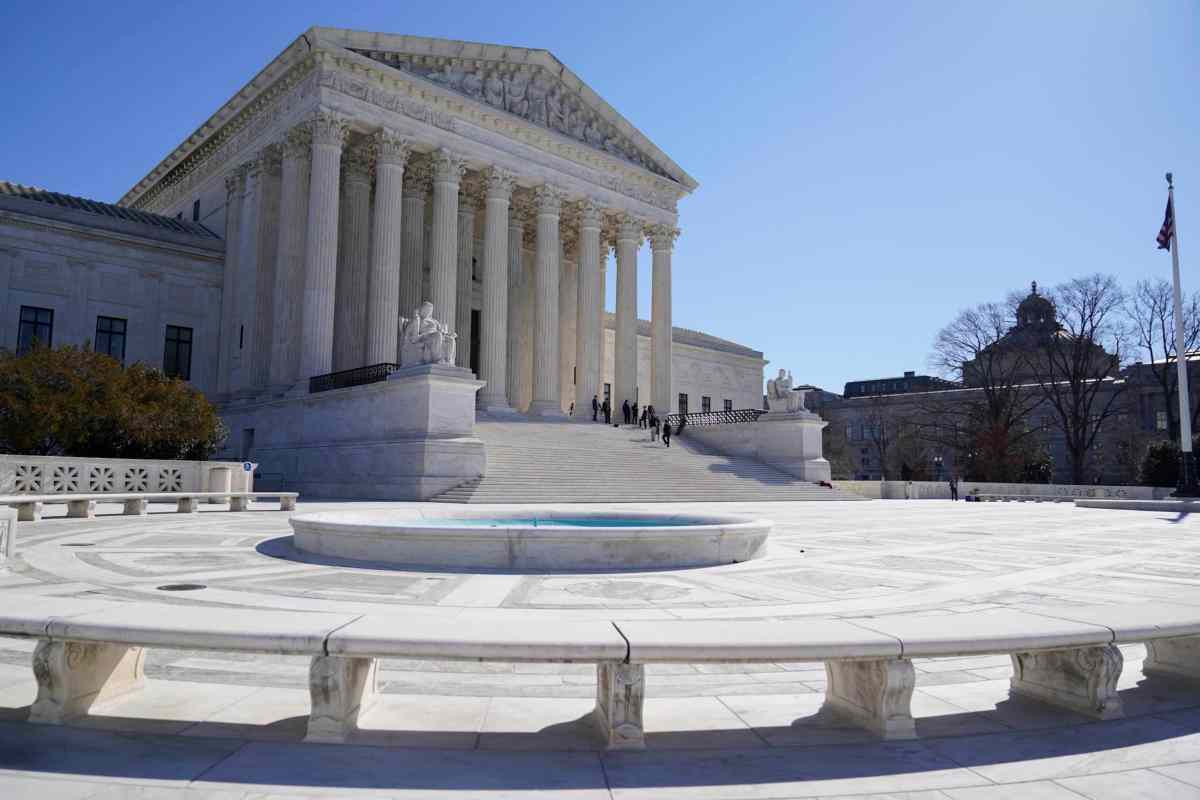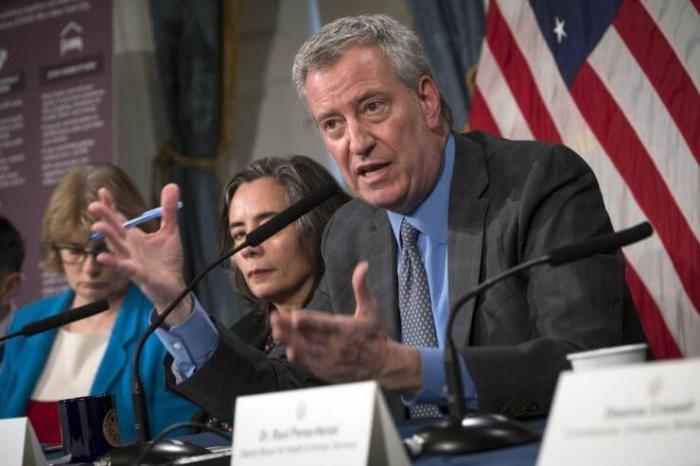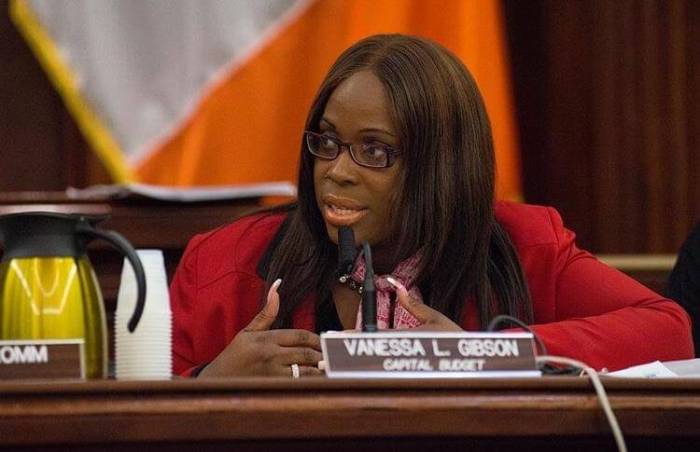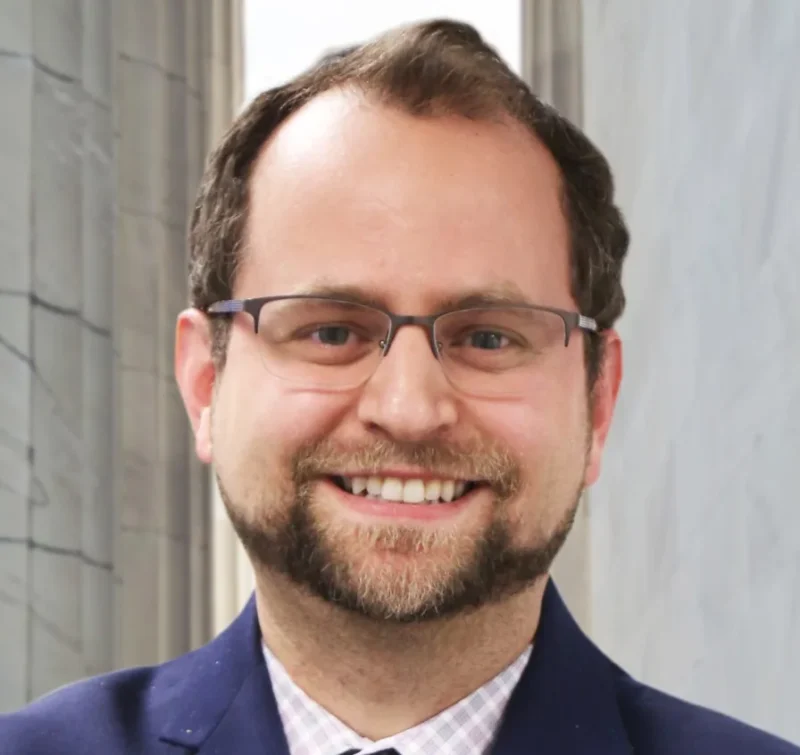Small business owners were burdened with fines during COVID-19. But recently passed legislation will now give them extended time to pay the penalties back.
With 24,000 small businesses in the Bronx facing 6,000 regulations from city agencies, it is hard for any small business to survive. But, when the pandemic hit last year many places were staring at uncertain times.
Recognizing that small businesses are the lifeblood of the city’s economy, New York City councilmembers Mark Gjonaj, chair of the city Small Business Committee, and Vanessa Gibson, both Democrats, grabbed the bull by the horns and conducted a year-long examination of regulations.
Their review found 200 such regulations that do not affect public health and as a result sponsored legislation — in the form of two bills — addressing those in particular. Currently, many agencies do not have cure periods for small business owners in relation to remediating violations. One would allow people a grace period to remedy their violations before triggering penalties and the other bill would create an amnesty period for fines.
“We couldn’t just talk the talk, we had to walk,” Gibson said.
The bill, Intro.2233, which passed the City Council unanimously on June 17, will permanently expand cure options available to small business owners, lowers existing penalties, and waives certain penalties for certain violations relating to sanitation, health, transportation, consumer affairs, noise control and buildings laws. By providing permanent relief, the bill addresses the draconian inspections and penalties for regulatory violations that plagued small business owners well before the pandemic. The mayor has 30 days from the date of passage to sign the bill into law.
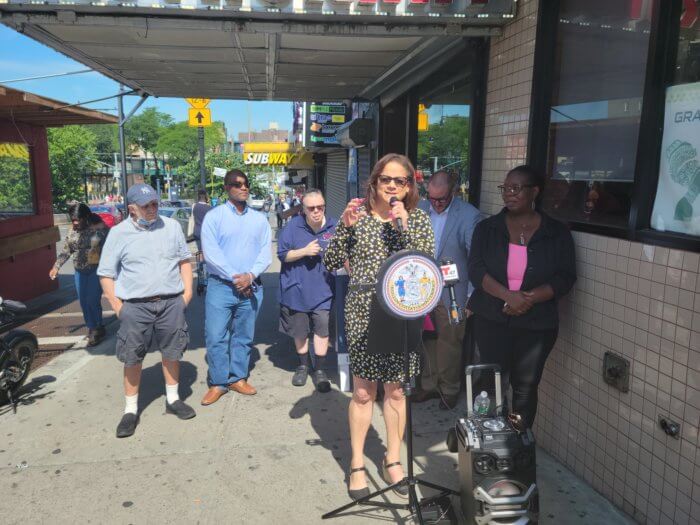
On June 18, Gibson was joined by the Bronx Chamber of Commerce, the 161st Street Business Improvement District and local business owners to celebrate the passage of the legislation.
“It was a year ago that our borough faced the highest infections of COVID-19,” Gibson said. “Our businesses were also severely impacted by this pandemic and many experienced a loss in revenue, having to lay off their employees and were forced to close their doors with the uncertainty if they would ever reopen.”
Honored to have drafted and sponsored significant legislation that passed @NYCCouncil to help struggling small businesses,reform government regulations & create a more business friendly environment in NYC.Thank you to all who worked for the passage of these important legislations pic.twitter.com/vT2BjUzlNu
— Mark Gjonaj (@MarkGjonajNY) June 17, 2021
Gjonaj also sponsored Int. 2234, which would require the Commissioner of Finance to establish a temporary program that would waive fines by up to 75% that were issued on or after March 7, 2020. And any fines before March 7, 2020 retroactive to 2012 will be reduced by 25%.
Now in 2021, the lawmakers realized that small businesses needed help to successfully navigate a post-pandemic world. So, they worked with the City Council to find ways to keep businesses alive.
“We know this has not been an easy time and this will not solve every problem, but for many minority owned businesses and all of our businesses, they felt the disproportionate impact of COVID-19,” Gibson said. “These bills are the first step forward for small businesses to have a fighting chance in rebounding from this public health crisis.”
At the press conference, Lisa Sorin, president of the Bronx Chamber of Commerce and Mike Brady, executive director of the Third Avenue Business Improvement District, praised the elected officials for the legislation.
“For over 20 years we’ve been working diligently to ensure that small business not just have a lifeline, but can thrive in NYC and one of the largest hurdles was the 6,000 regulatory regulations that govern small business,” Brady said. “I want to thank Council Members Gibson and Gjonaj, Speaker Johnson and the entire NYC Council for acknowledging that small businesses are really the driver behind the NYC economy.”
While this legislation will help small businesses, some weathered the storm during COVID-19 due to the help of business improvement districts.
However, according to the Westchester Square Business Improvement District, the majority of the businesses that were fined in that area were fined by the state, not city agencies.
One of those places was Kirvens bar, 736 Lydig Ave., in Pelham Parkway. Marisa Davis, owner of Kirvens, says the new legislation is only half addressing the problem. She understands it will help some businesses, but bars were hammered by the state Liquor Authority, SLA, during COVID-19 and she wishes state lawmakers would take action.
Davis called this new legislation “political stroking,” as she feels the only agencies that gave tickets out during the pandemic were the SLA and the NYC Department of Buildings. More importantly, Davis said, violations from the SLA are extremely high and hit her deep in the pockets. She was fined for cracked light sockets, extension cords and out of date fire extinguishers during the pandemic forcing her to make the decision to relocate her business.
“The fines killed this city and all the businesses in it,” she said. “You can’t fix a broken plate and we are all shattered. This city makes me angry.”
Reach Jason Cohen at jcohen@schnepsmedia.com or (718) 260-4598. For more coverage, follow us on Twitter @bxtimes and Facebook @bxtimes.














